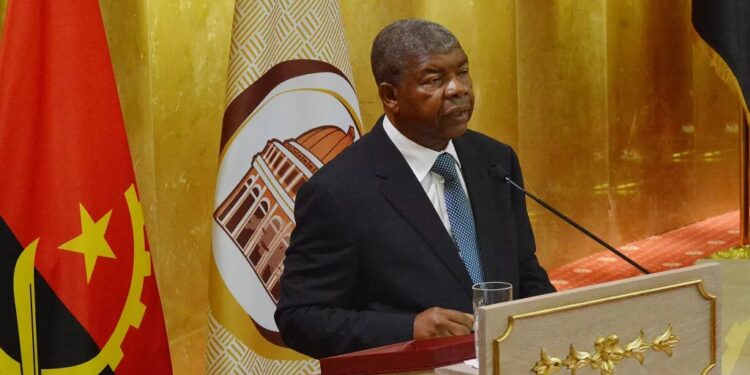Forty-eight years after Angola’s break from colonial chains, the nation stands at a crossroads, embodying both the triumphs and trials of a journey towards self-actualization. As the nation celebrated its independence anniversary, it’s imperative to reflect on Angola’s strides and the distance still to be covered.
In a world grappling with climate change, Angola, traditionally tethered to its oil reserves, is steering towards a greener future. Despite the nation’s heavy reliance on oil, contributing to a third of its GDP and over 90% of its exports, there is a decisive shift towards renewable energy. The Angolan government, under the stewardship of Minister of Energy & Water Joao Baptista Borges, ambitiously aims to achieve 72% renewable energy in its mix by 2025, a significant leap from its current position. This commitment to renewable energy sources like wind, solar, hydrogen, and hydropower signals a transformative approach, reducing dependence on oil and marking a significant step towards sustainable development.
However, the transition is not without its challenges. Angola’s economy, battered by a six-year recession and the impacts of the COVID-19 pandemic, saw its debt spike alarmingly. The country’s dependency on oil has been a double-edged sword, creating an illusion of success while masking stark inequalities and economic vulnerabilities. Politically, the nation has witnessed stability, a notable achievement in a region often marred by coups and unrest. Yet, this stability coexists with political repression and limited democratic freedoms under the long-standing rule of the MPLA and President João Lourenço.
As Angola moves forward, balancing its economic diversification with political reforms remains crucial. The nation’s commitment to renewable energy is commendable, reflecting an understanding that economic stability and growth must be sustainable and inclusive. However, the essence of independence and the promises it holds can only be fully realized in a milieu where democracy and human rights are not just ideals but everyday realities. The journey of Angola, thus, is not just about embracing green energy but also about fostering an environment where freedom, in its broadest sense, flourishes for all its citizens.




